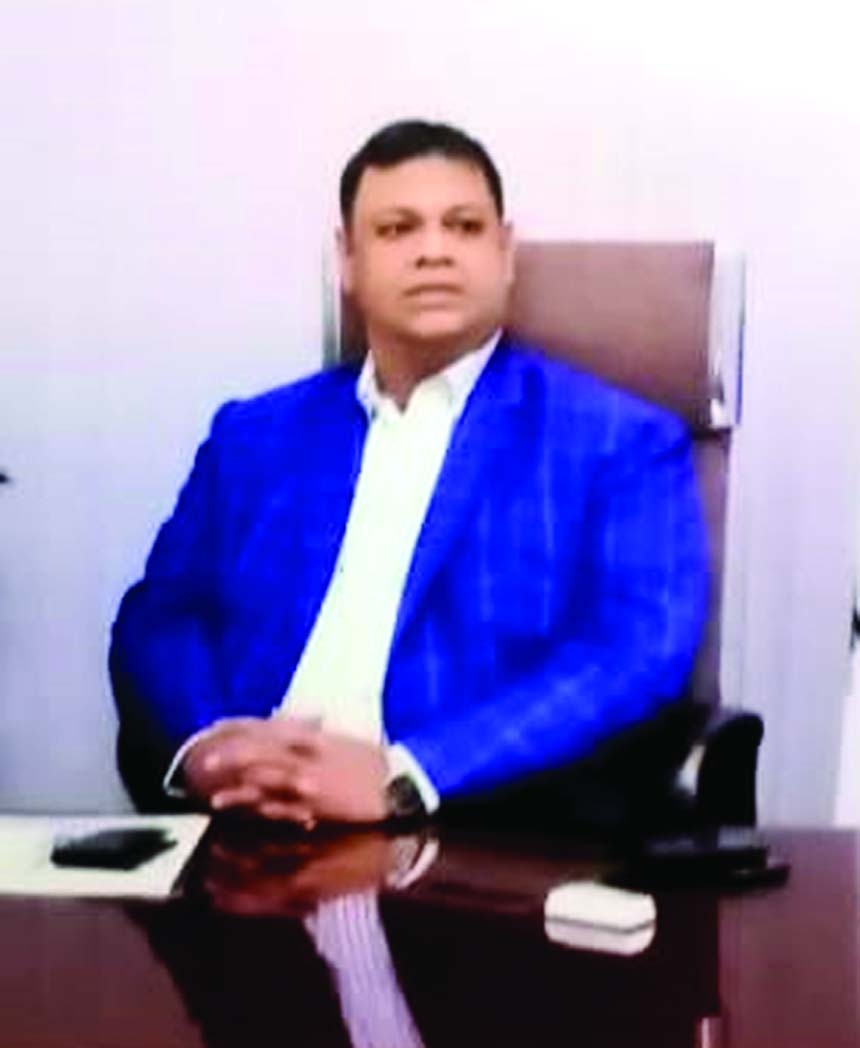
Al Amin :
The Chittagong Export Processing Zone, also known as Chittagong EPZ, was established in 1983, which is one of the guards of the country’s economy. The EPZ ranks fourth in the world with the best economic potential out of 700 world economic zones. But the developed countries were reluctant to invest here due to the lack of world class ecosystem, especially poor waste disposal and treatment of polluted water.
Under this situation, Bangladesh Export Processing Zones Authority (BEPZA) hired Chittagong Waste Treatment Plant (CWTP) to overcome this situation and the CWTP started installing the Central Effluent Treatment Plant (CETP) in 2008 for maintaining environment and health of the workers.
Preserving the industry-friendly environment, we bring modern technology and foreign machines for the plant, said CWTP’s CEO Md Ariful Haque Talukdar.
The company started rendering services in 2012 formally and only five industries were listed for this service, he said.
“When the appreciation of the qualitative service of the CWTP spread everywhere, many foreign buyers and companies came under this service. At present 139 factories of Chittagong EPZ are availing of this service,” Ariful said.
This initiative was mainly taken to ensure the people’s good health, the responsibility towards environment and the industrial workers, although it was very challenging due to the lack of skilled manpower and sufficient experience, the CWPT’s CEO said.
“I am deeply grateful to BEPZA and Chittagong EPZ as they have been very supportive of us, and they are still cooperating. In a word, to strengthen the country’s economy, these two institutions understand the importance of the environment and are taking this world-class initiative to protect it,” Ariful said. “Our main job is to purify contaminated water. We purify the polluted water of EPZ factories from certain canals and discharge it into the sea. As per the policy of the Department of Environment, we treat the contaminated water of the factory through effluent treatment,” he said. Contaminated factory water usually contains a mixture of calcium, magnesium, sodium, potassium and harmful substances such as carbonate, hydrogen carbonate, chloride, sulfate and nitrate anion.
“We use world class technology and chemicals to purify the water. We are capable of refining 450,000 cubic meters water per day. But, currently, we are treating 15,000 cubic meters water per day,” he added.
Our work is also important in the environmental protection movement around the world. In that case, research is being done every day on modern methods and machines to treat contaminated water or factory waste.
In the future we have started work to improve the pipeline to provide better service.
The CETP is running in many EPZs of the country. However, the flagship company of Singapore has been providing services to almost 100 per cent of Dhaka EPZ’s industrial network and Sigma Engineering Central of Bangladesh is providing effluent treatment services at Comilla EPZ.
“Around 90 per cent of the industrial establishments of the CEPZ are under our service. Hopefully, the remaining 10 percent will receive this service in a few days,” the CWPT’s CEO said.
“Protecting the environment with the country’s prosperous economy is a global challenge. Now, quality of life of workers and factory environment are seen first and foremost with production all over the world,” he said.
“If everything is not environment-friendly, foreigners do not want to invest there. So, we must think first a healthy environment to build a livable country for the next generation and no alternative to this to build eco-friendly industries,” he said. “If the government gives us the opportunity, we will be able to provide this service in other economic zones with our long experience and capability,” Ariful said.

